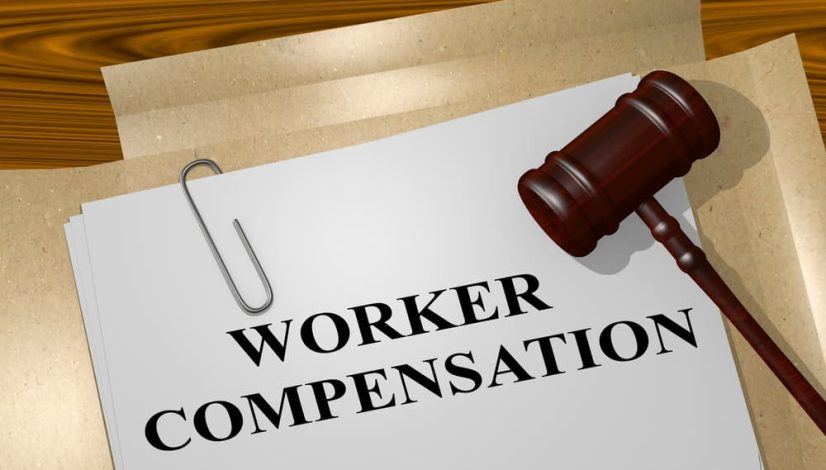What You Need to Know for Workers’ Comp Eligibility
If you’ve been injured on the job but your employer says you’re an independent contractor, you might be wondering: “Do I still qualify for workers’ compensation benefits?” This is one of the most common and confusing issues injured workers face — and the answer isn’t always as simple as what your employer tells you.
Being Labeled an Independent Contractor Doesn’t Always Make It True
Just because your employer calls you an independent contractor — or has you sign a 1099 form — doesn’t automatically mean you’re not entitled to workers’ compensation. Courts and workers’ comp boards look at the actual nature of your working relationship, not just the title.
How Do States Decide If You Qualify?
Each state has its own rules, but in general, they look at factors such as:
- Who controls your work? Do you set your own hours and methods, or does the company direct your daily tasks?
- Do you use your own tools and equipment? Employees typically use company-provided tools; contractors use their own.
- Are you free to work for other clients? True independent contractors usually take multiple jobs.
- Are you part of the employer’s regular business? If your work is central to what the company does, that leans toward employee status.
If the company controls how, when, and where you do your work — you may be misclassified.
Why Classification Matters
If you’re properly classified as an employee, you’re generally entitled to:
- Medical treatment for your injury
- Lost wage benefits while you recover
- Coverage for any permanent disability
- Protection from retaliation for filing a claim
But if you’re an independent contractor, you may have to pay for your own care — unless you successfully challenge the classification.
You Can Challenge a Misclassification
If you believe you were wrongly labeled as a contractor, you can file a claim and request a determination from your state’s workers’ compensation board. They’ll review your job duties and relationship with the employer.
In many cases, workers have won benefits even after signing independent contractor agreements, especially in industries like:
- Construction
- Trucking
- Home healthcare
- Gig economy or delivery work
What If I’m Not Eligible for Workers’ Comp?
If you are truly an independent contractor and don’t qualify for workers’ comp, you may still have other legal options, such as:
- Filing a personal injury lawsuit against the party who caused your injury
- Pursuing a claim under other insurance policies
- Looking into labor law violations, such as unpaid wages or unsafe conditions
Bottom Line
Don’t take your employer’s word for it — many workers are misclassified and unfairly denied benefits after an injury. If you’ve been hurt on the job and were told you’re an independent contractor, it’s worth having a legal professional review your case.
Injured while working? Not sure if you qualify for workers’ comp? Contact our office for a free consultation and get the facts before giving up your rights.
Need legal help? In California, navigating legal challenges, whether they involve personal injury, workers’ compensation, criminal defense or civil litigation, can be overwhelming. Khoury Law Group is here to provide the critical legal support you need. As a leading advocate for individuals facing legal battles, our experienced attorneys understand the complexities of the legal system and are committed to fighting for your best interests. With personalized legal strategies and compassionate support, we are dedicated to achieving the justice and compensation you deserve.
CONTACT US FOR HELP. Call us at (888) 354-6879 or fill out the form on our Contact page.





